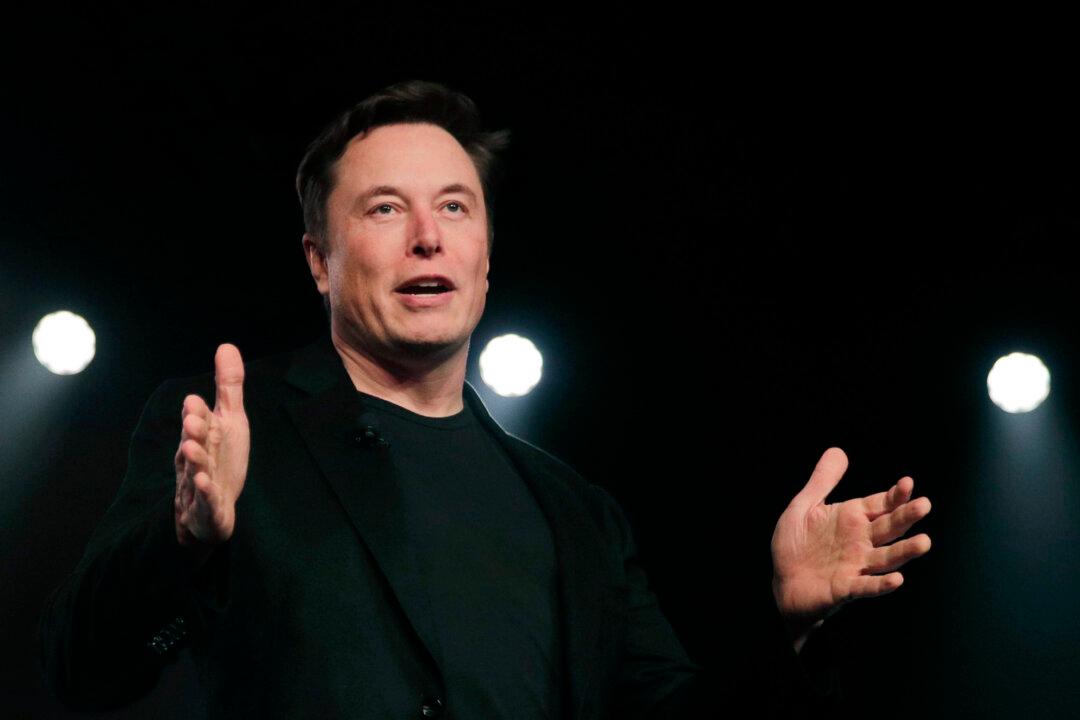Elon Musk has a penchant for the letter “X.” He calls his son with the singer Grimes, whose actual name is a collection of letters and symbols, “X.” He named the company he created to buy Twitter “X Holdings.” His rocket company is, naturally, SpaceX.
Now he also apparently intends to morph Twitter into an “everything app” he calls X.





